Think Again-Day40
Description
Let’s start with detaching your present from your past. In
psychology, one way of measuring the similarity between the person you are right now and your former self is to ask: which pair of circles best describes how you see yourself?
In the moment, separating your past self from your current self can be unsettling. Even positive changes can lead to negative emotions; evolving your identity can leave you feeling derailed and disconnected. Over time, though, rethinking who you are appears to become mentally healthy—as long as you can tell a coherent story about how you got from past to present you. In one study, when people felt detached from their past selves, they became less depressed over the course of the year. When you feel as if your life is changing direction, and you’re in the process of shifting who you are, it’s easier to walk away from foolish beliefs you once held.
My past self was Mr. Facts—I was too fixated on knowing. Now I’m more interested in finding out what I don’t know. As Bridgewater founder Ray Dalio told me, “If you don’t look back at yourself and think, ‘Wow, how stupid I was a year ago,’ then you must not have learned much in the last year.”
The second kind of detachment is separating your opinions from your identity. I’m guessing you wouldn’t want to see a doctor whose identity is Professional Lobotomist, send your kids to a teacher whose identity is Corporal Punisher, or live in a town where the police chief’s identity is Stop-and-Frisker. Once upon a time, all of these practices were seen as reasonable and effective.
Most of us are accustomed to defining ourselves in terms of our beliefs, ideas, and ideologies. This can become a problem when it prevents us from changing our minds as the world changes and knowledge evolves. Our opinions can become so sacred that we grow hostile to the mere thought of being wrong, and the totalitarian ego leaps in to silence counterarguments, squash contrary evidence, and close the door on learning.
Who you are should be a question of what you value, not what you believe. Values are your core principles in life—they might be
excellence and generosity, freedom and fairness, or security and
integrity. Basing your identity on these kinds of principles enables
you to remain open-minded about the best ways to advance them.
You want the doctor whose identity is protecting health, the teacher
whose identity is helping students learn, and the police chief whose
identity is promoting safety and justice. When they define
themselves by values rather than opinions, they buy themselves the
flexibility to update their practices in light of new evidence.
🟠دوستان از طریق سایت هم میتونین پادکستها رو گوش بدین: https://lumilearn.ir/
📱پیج اینستاگرام: Luminous__english
Castbox channel: luminous english
📚هایلایت قسمت 40 کتاب Think Again
✅ Detaching (Separating or disconnecting something from something else) — جدا کردن، جدا شدن
✅ Unsettling (Causing discomfort, anxiety, or unease) — نگرانکنند
✅ Evolving (Developing gradually) — در حال تحول، در حال پیشرفت
✅ Derailed (Caused to go off course or fail) — منحرف شدن، از مسیر خارج شدن
✅ Disconnected (Feeling isolated or not linked) — جدا، بیارتباط
✅ Coherent (Logical and consistent) — منسجم، هماهنگ
✅ Detached (Separated emotionally or physically) — جدا شده، دور شده
✅ Fixated (Having an obsessive focus on something) — وسواس داشتن، تمرکز بیش از حد
✅ Detachment (The state of being separate or disconnected) — جدایی
✅ Identity (The qualities, beliefs, or personality that make a person unique) — هویت
✅ Corporal Punisher (Someone who punishes physically) — تنبیهکننده بدنی
✅ Stop-and-Frisker (Police practice of stopping and searching people; controversial) — بازداشت موقت و تفتیش پلیسی
✅ Accustomed (Familiar with something due to regular experience) — عادت کرده، خو گرفته
✅ Ideologies (Systems of ideas and ideals, especially political or cultural) — ایدئولوژیها، نظامهای فکری
✅ Sacred (Considered too important or valuable to be changed or questioned) — مقدس
✅ Hostile (Unfriendly, antagonistic) — خصمانه، دشمنانه
✅ Totalitarian (Relating to a system of government that is centralized and dictatorial) — تمامیتخواه، استبدادی
✅ Ego (A person’s sense of self-esteem or self-importance) — خود، نفس
✅ Counterarguments (Arguments made to oppose another argument) — استدلالهای مخالف
✅ Squash (To crush or suppress) — سرکوب کردن، له کردن
✅ Core Principles (Fundamental beliefs or values) — اصول اصلی، اصول بنیادین
✅ Excellence (The quality of being outstanding or extremely good) — برتری، شایستگی
✅ Generosity (The quality of being kind and giving) — سخاوت
✅ Freedom (The power or right to act, speak, or think without hindrance) — آزادی
✅ Fairness (Impartiality and justice) — عدالت، انصاف
✅ Security (The state of being free from danger or threat) — امنیت
✅ Integrity (The quality of being honest and having strong moral principles) — صداقت، درستی
✅ Flexibility (The ability to adapt or change easily) — انعطافپذیری
✅ Advance (To move forward or make progress) — پیشرفت کردن، ارتقا دادن
✅ Evidence (Facts or information that support a belief or argument) — شواهد، مدارک
✅ Mere (Only; just; nothing more than, often emphasizing how small or insignificant something is) — صرف، تنها، فقط
✅ In light of (Considering; because of; taking into account something) — با توجه به، به خاطر، بر اساس

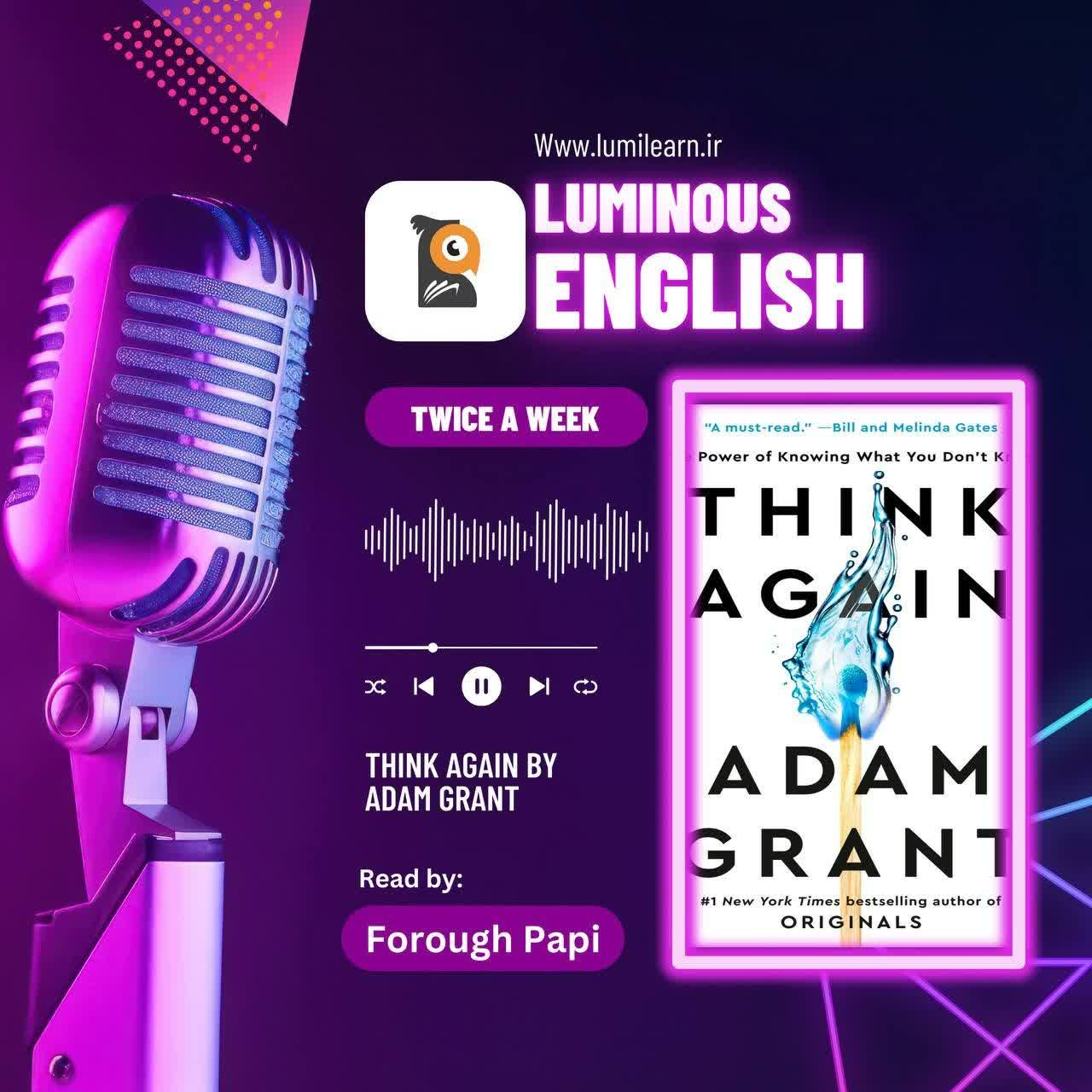
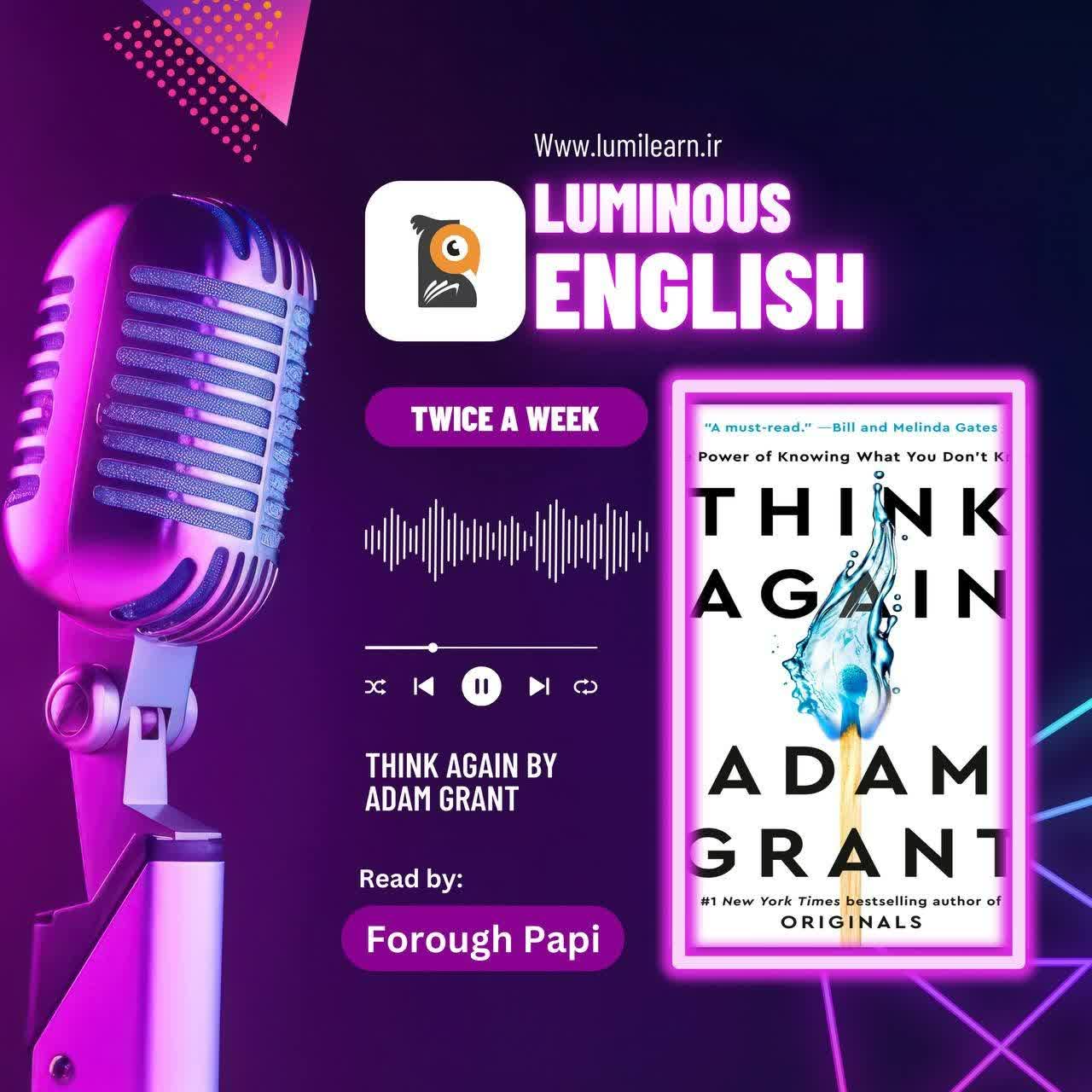
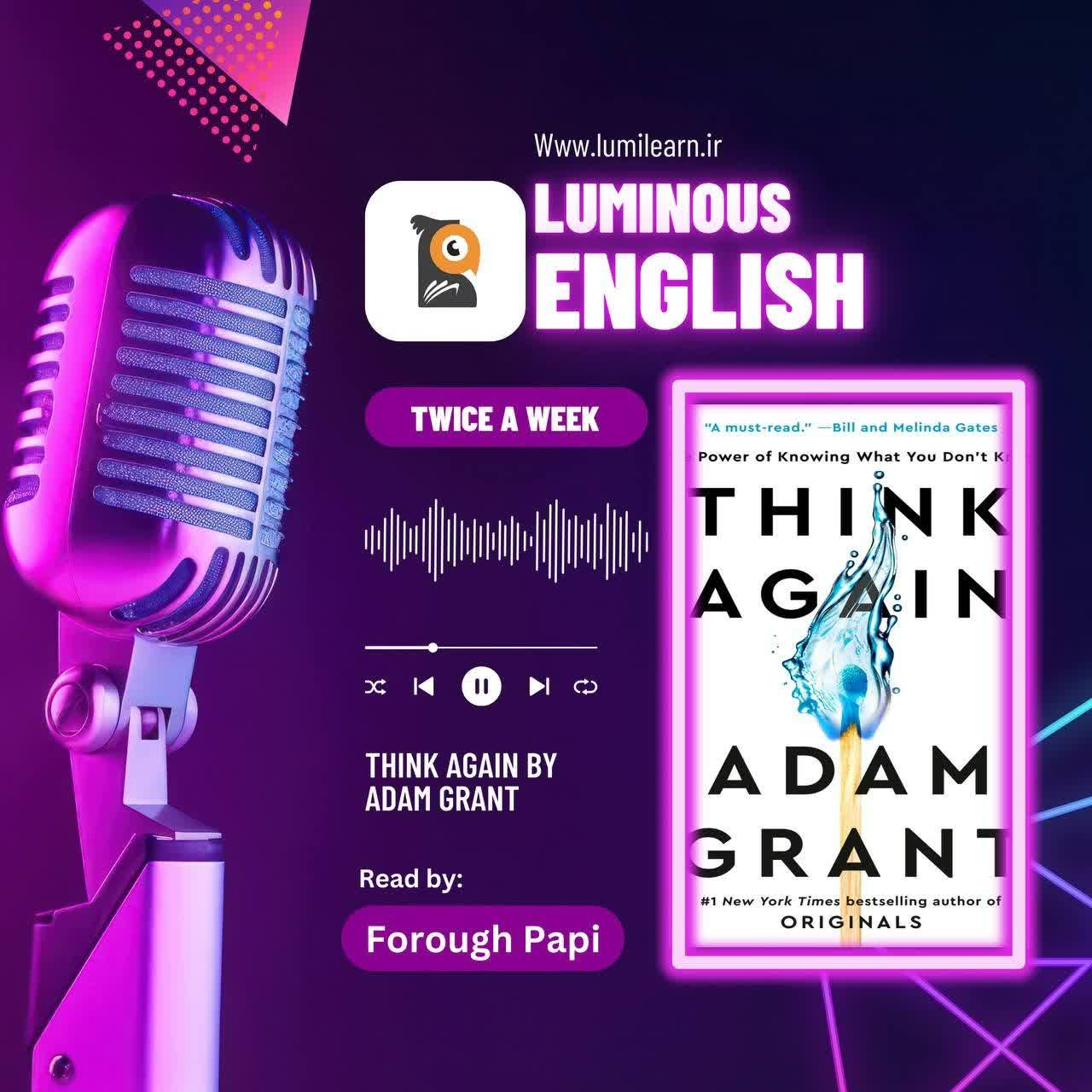
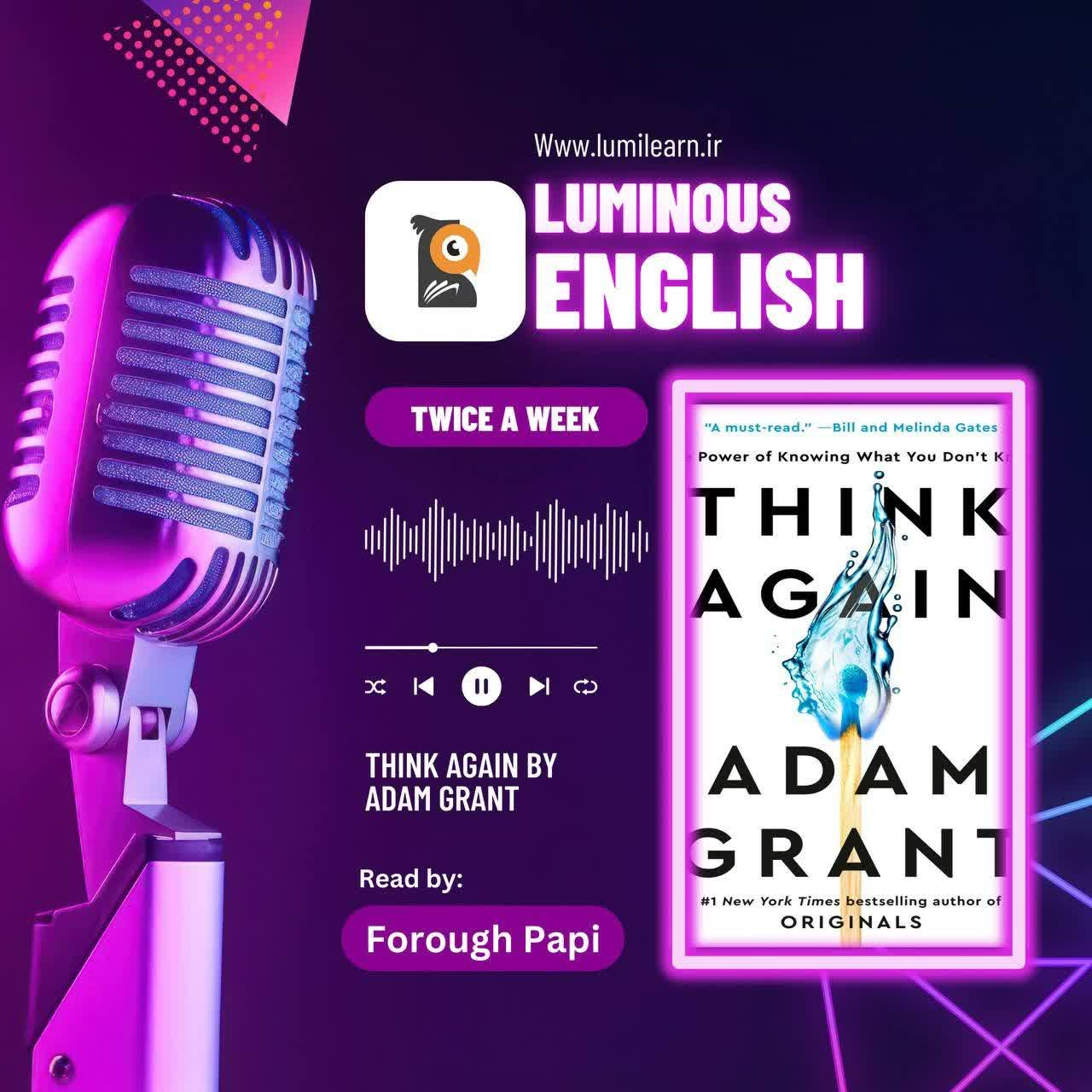
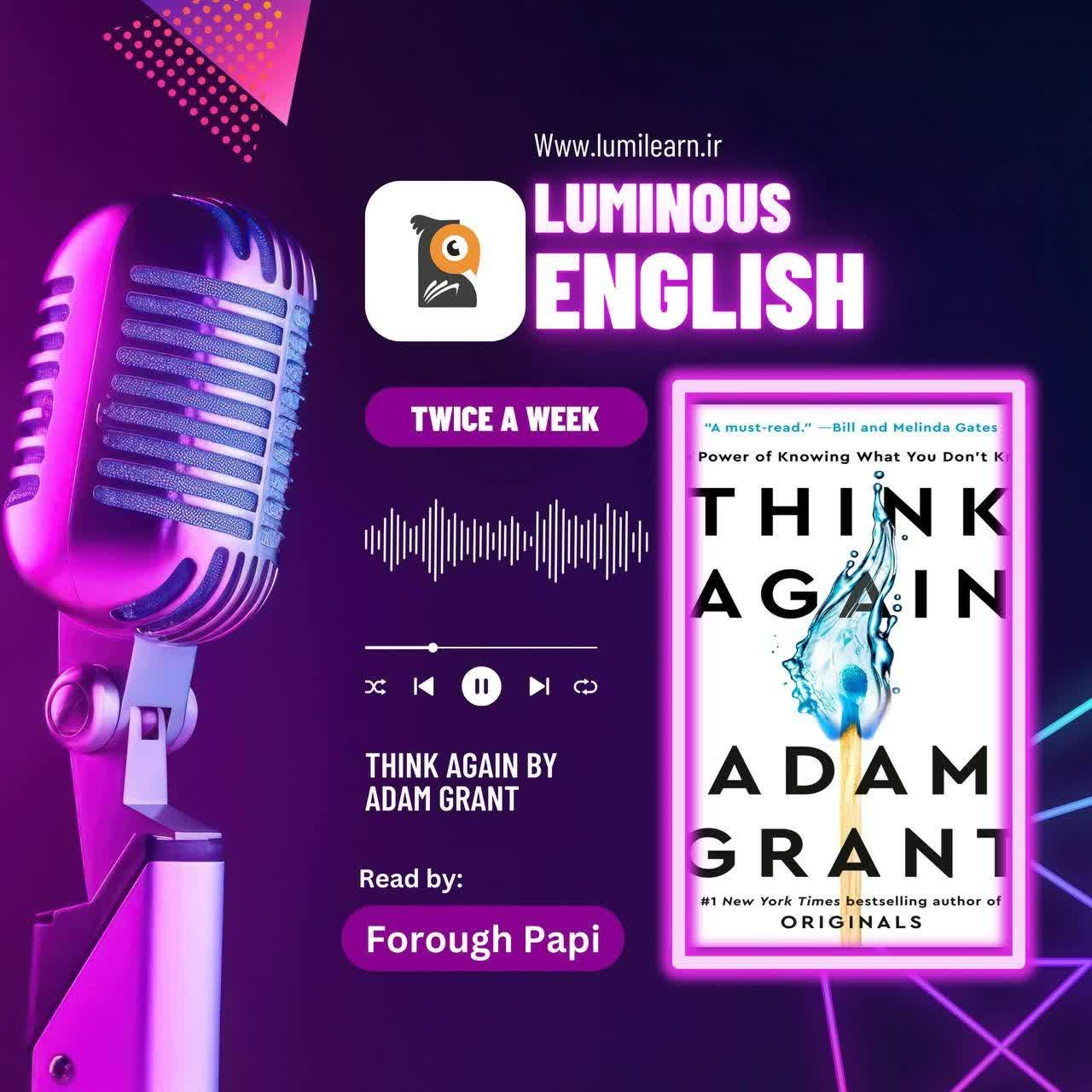
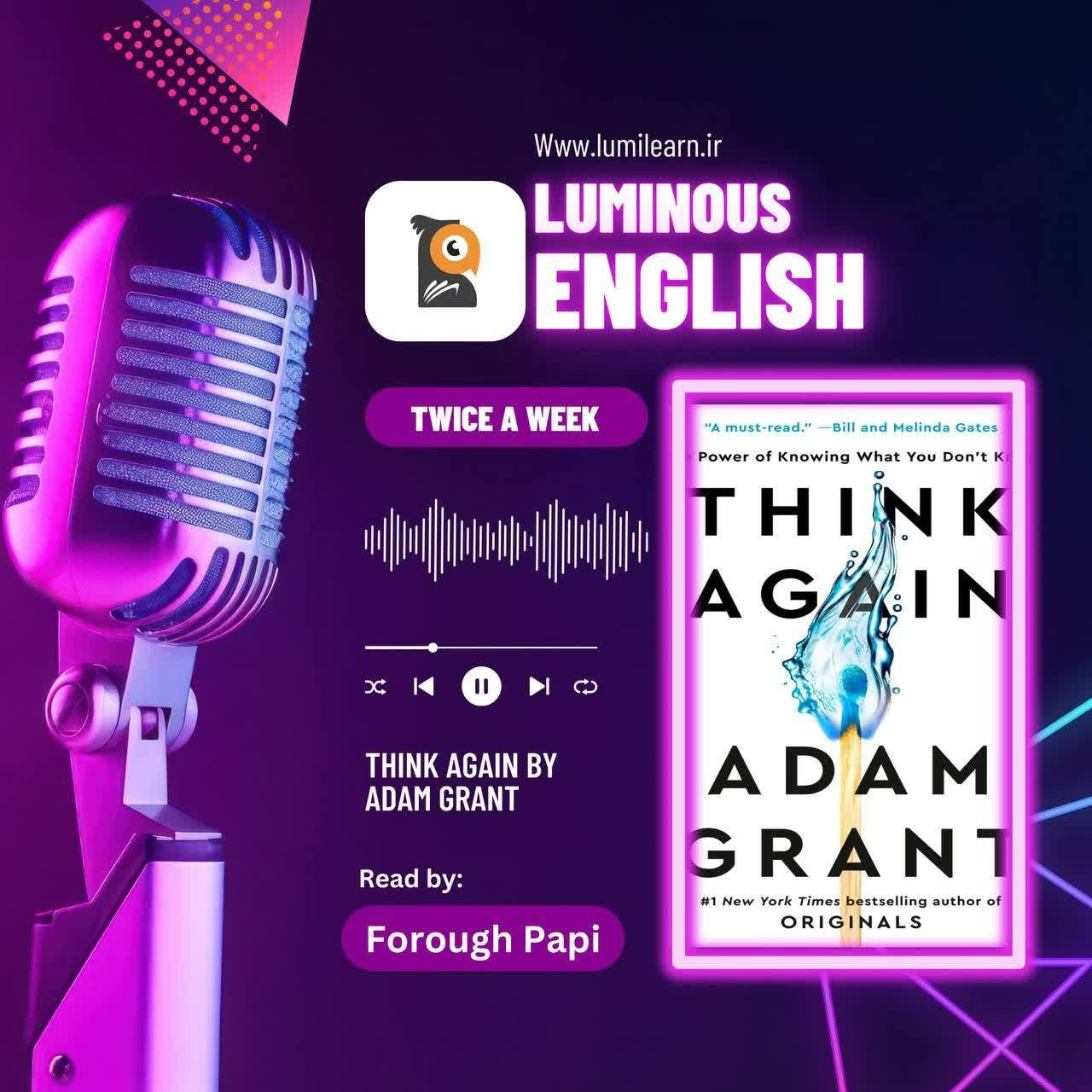
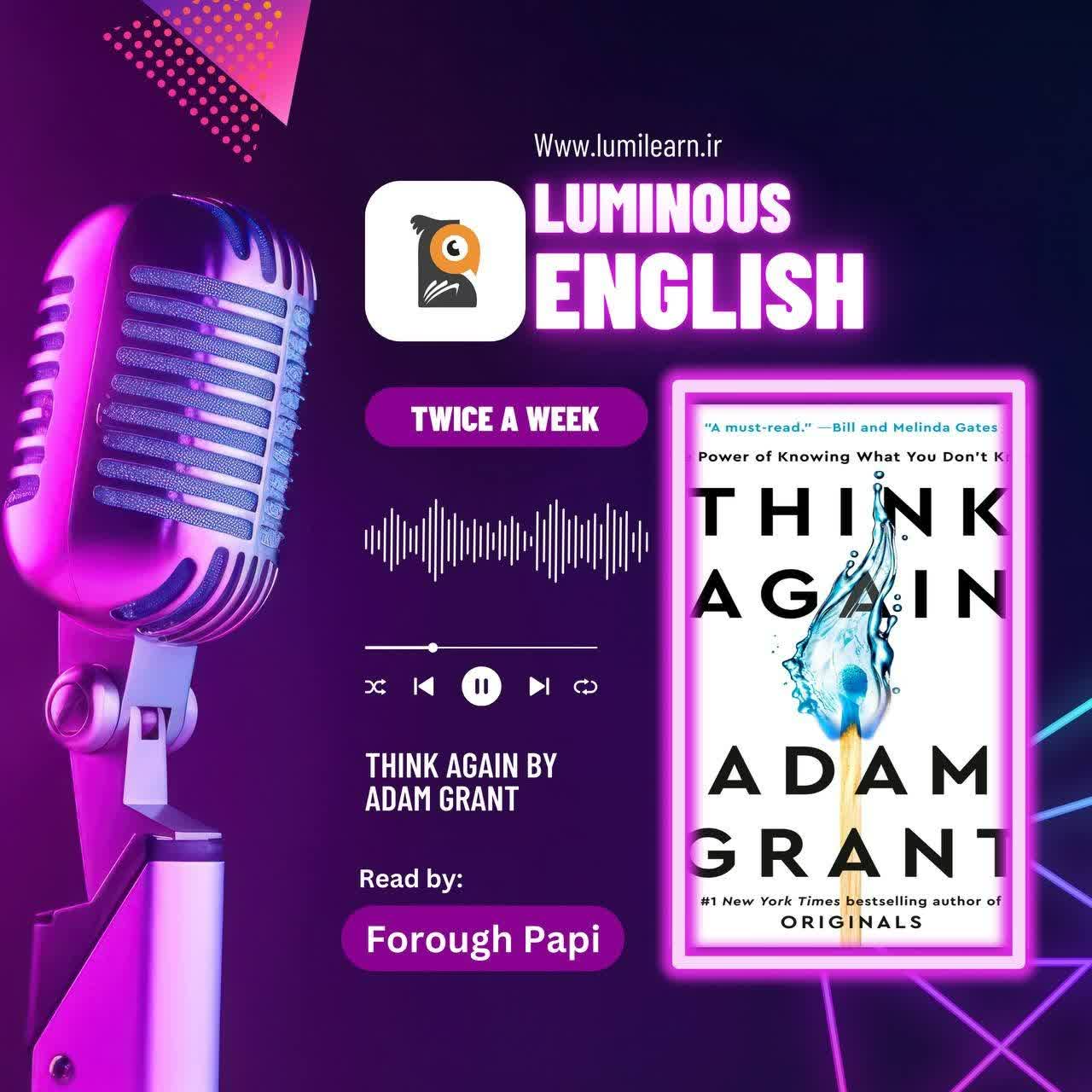
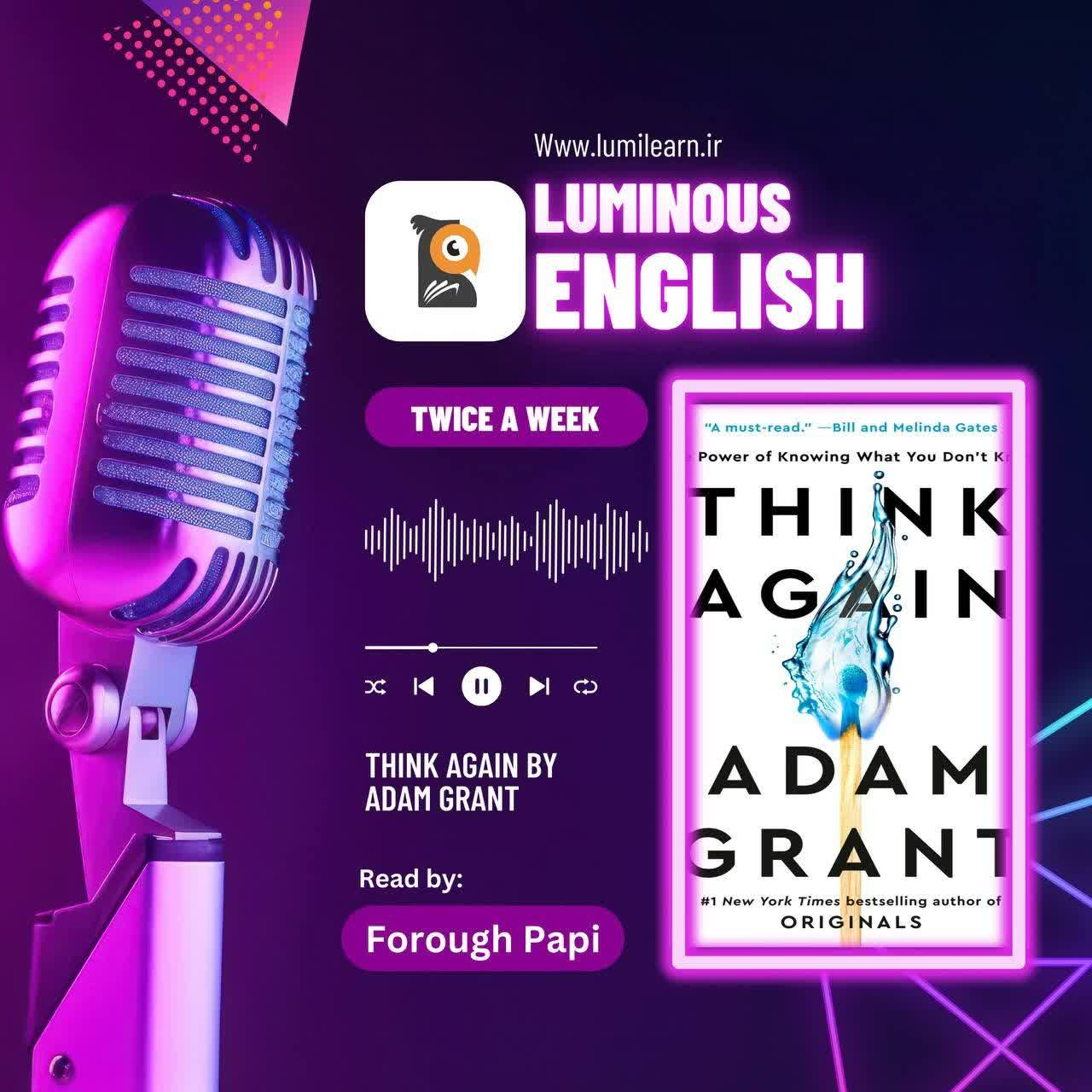
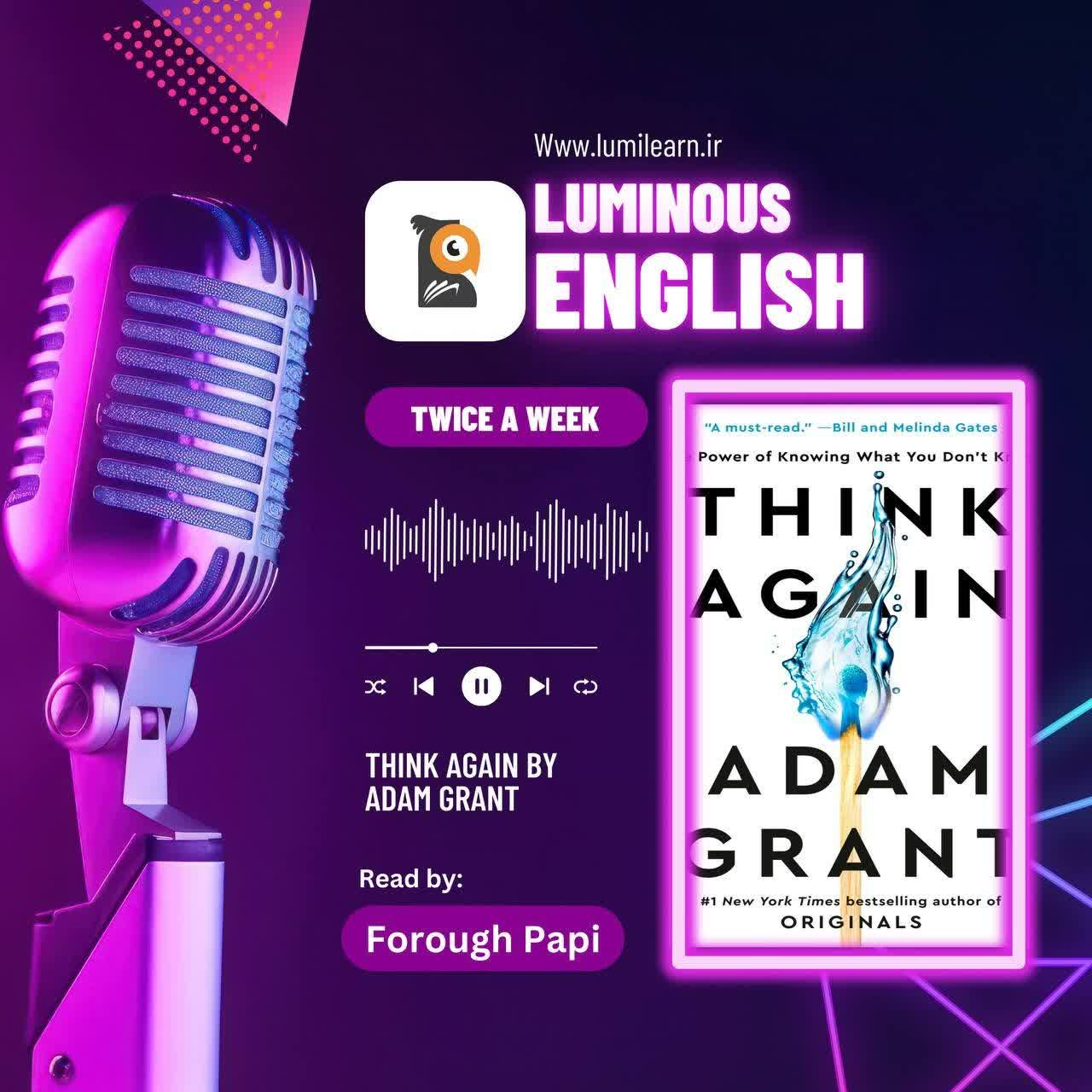
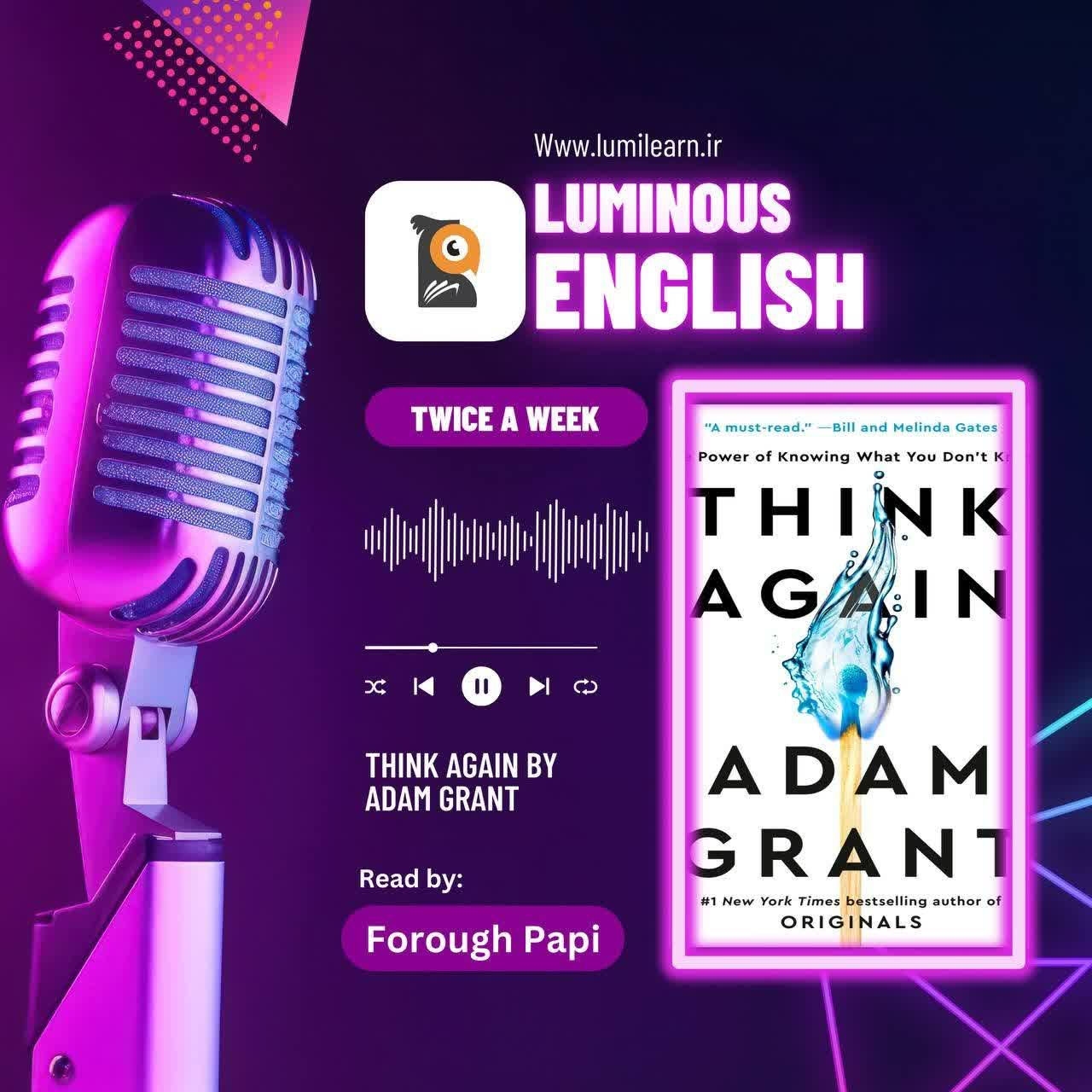
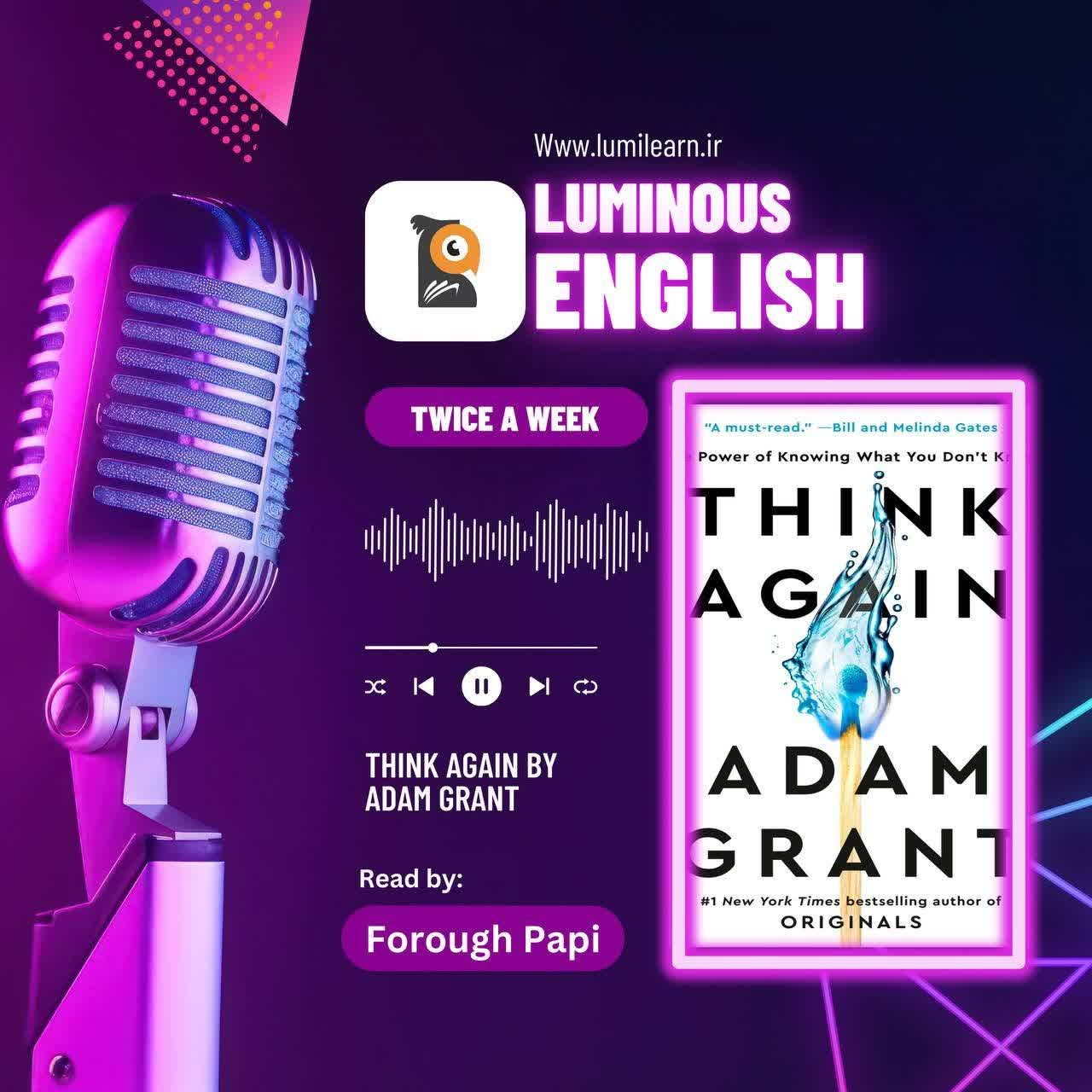
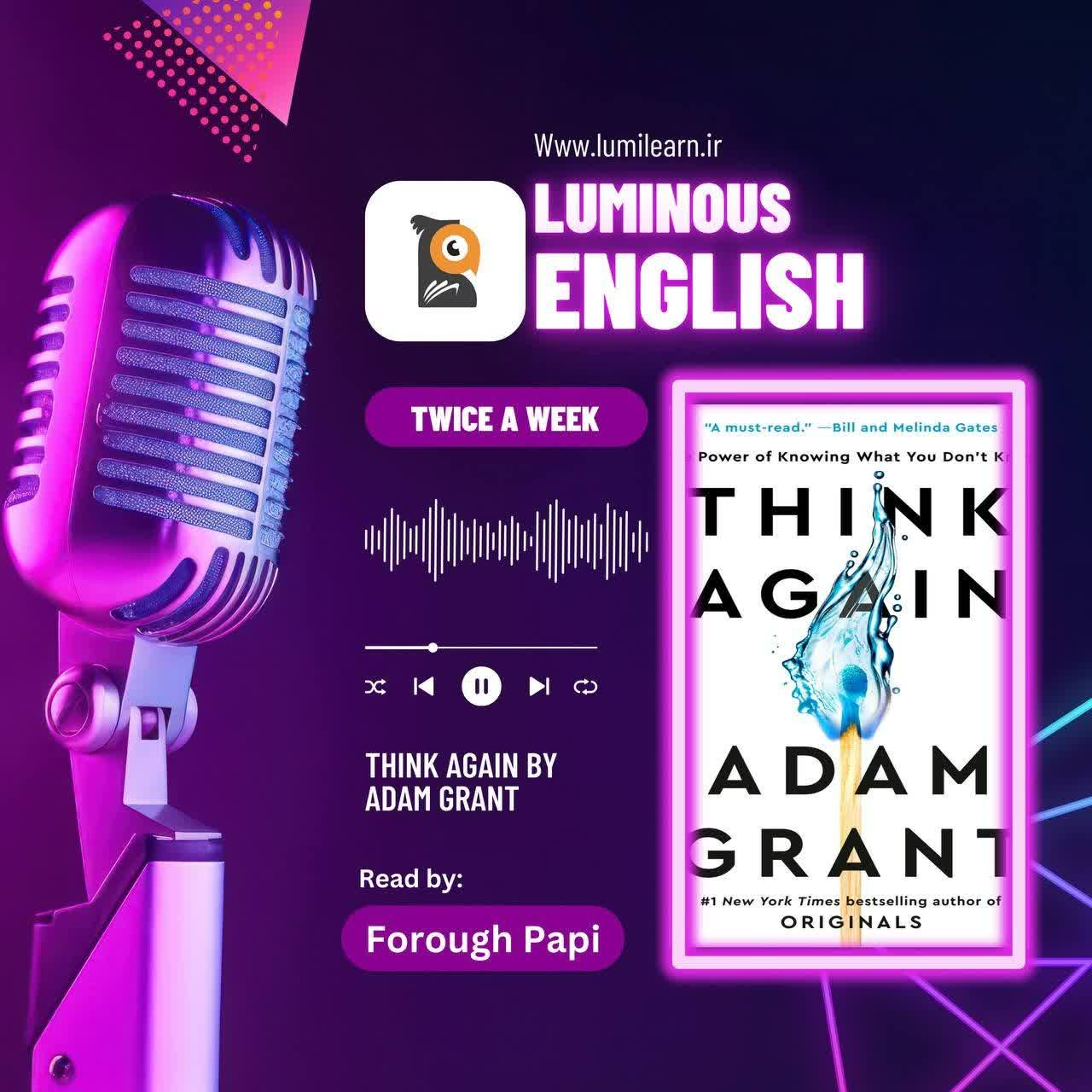
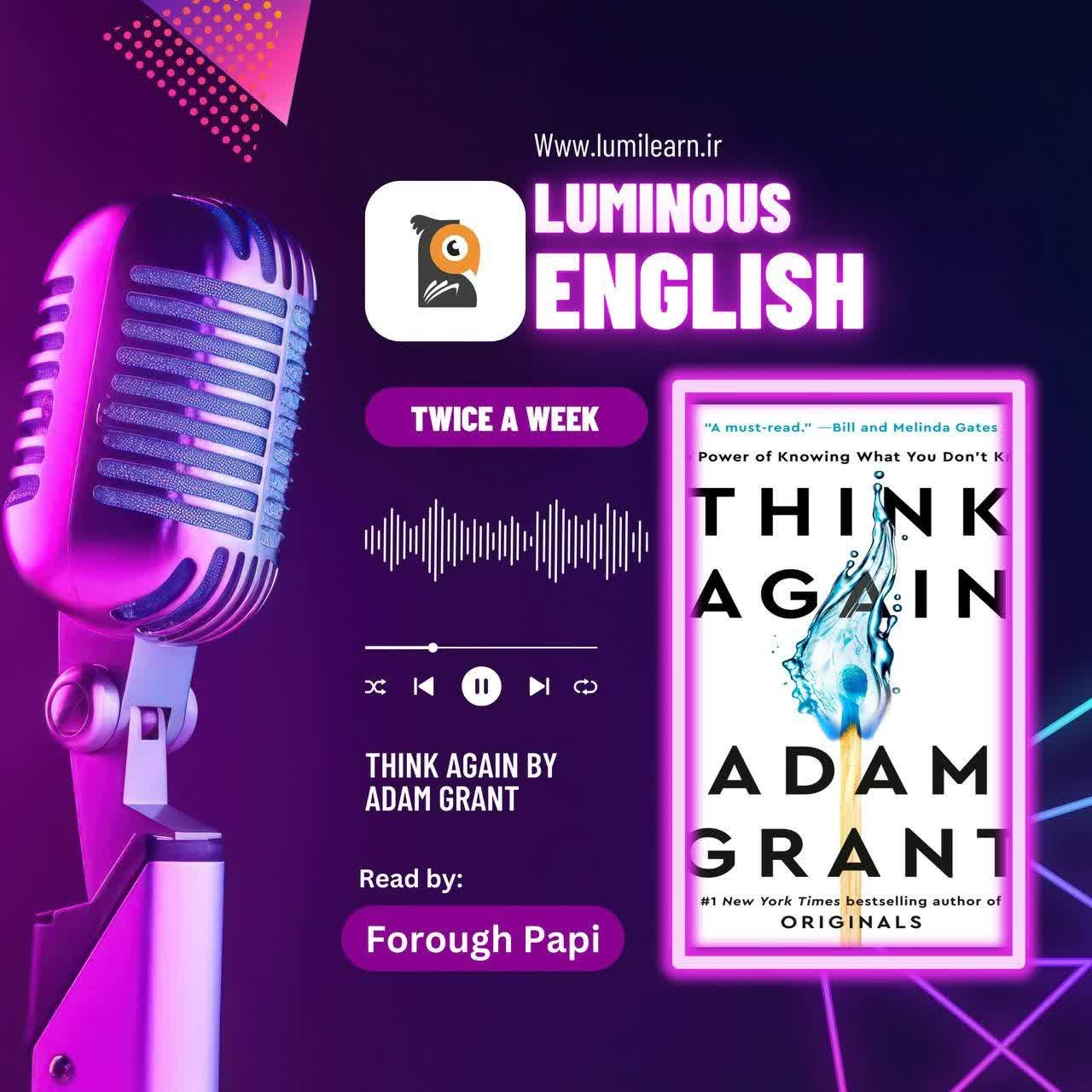
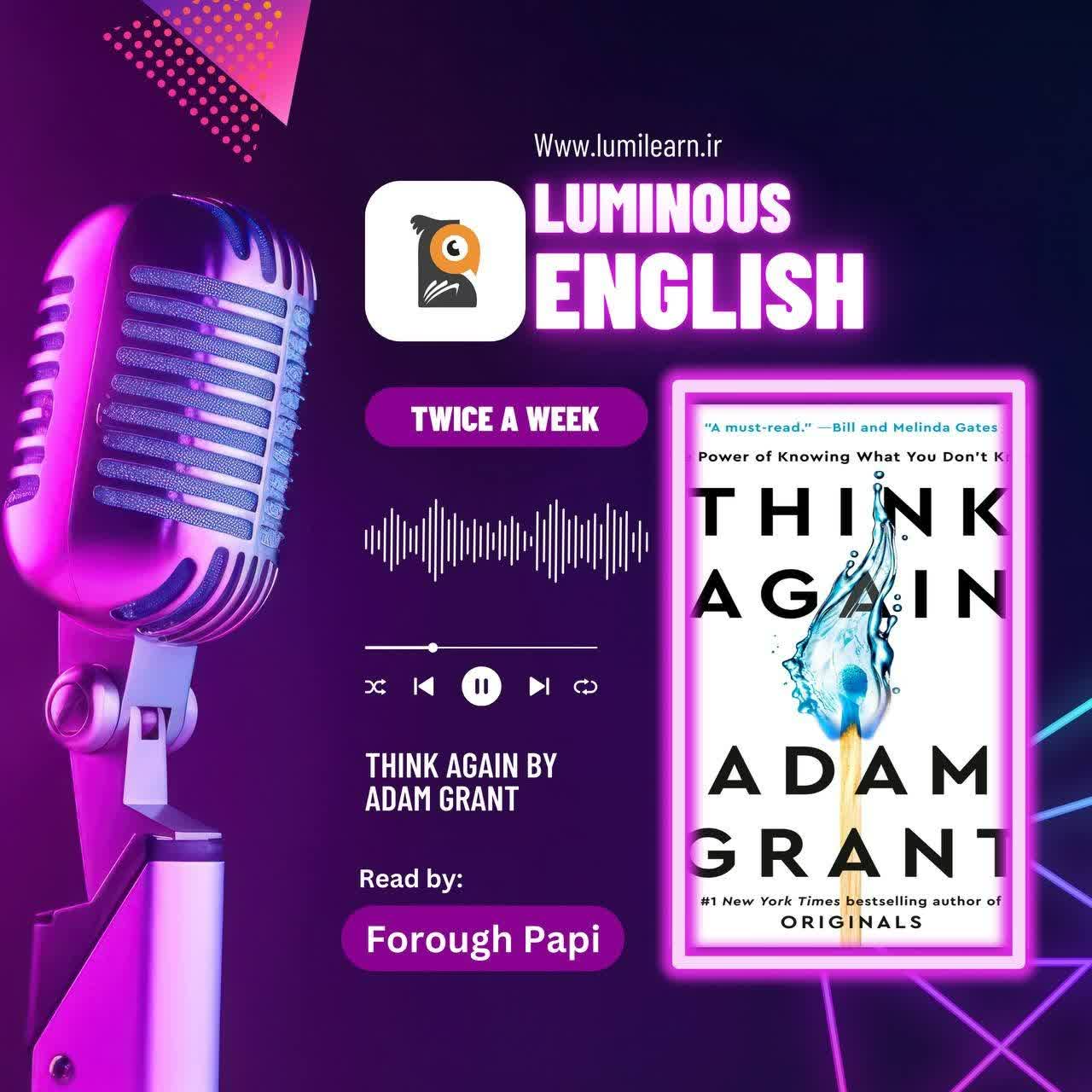
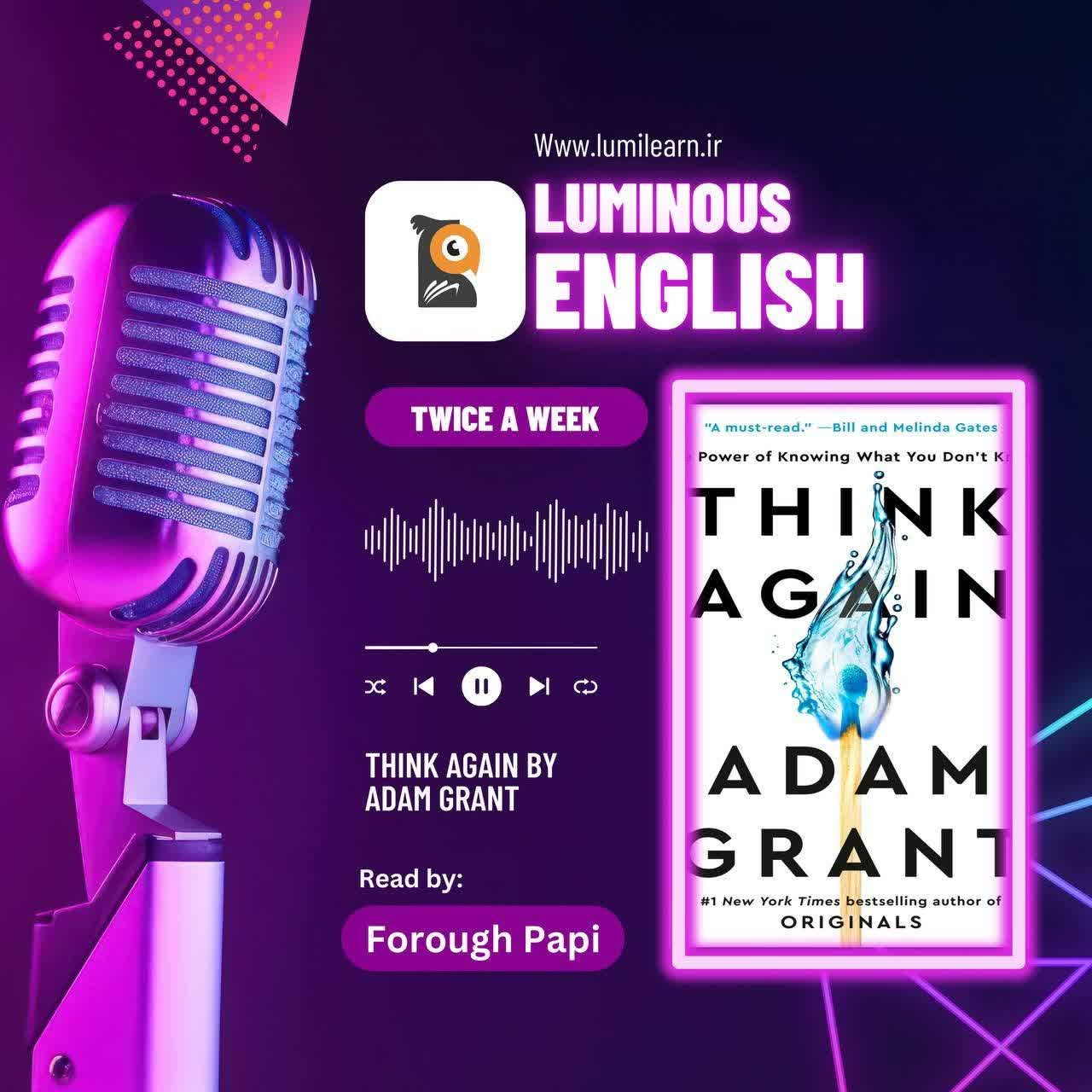
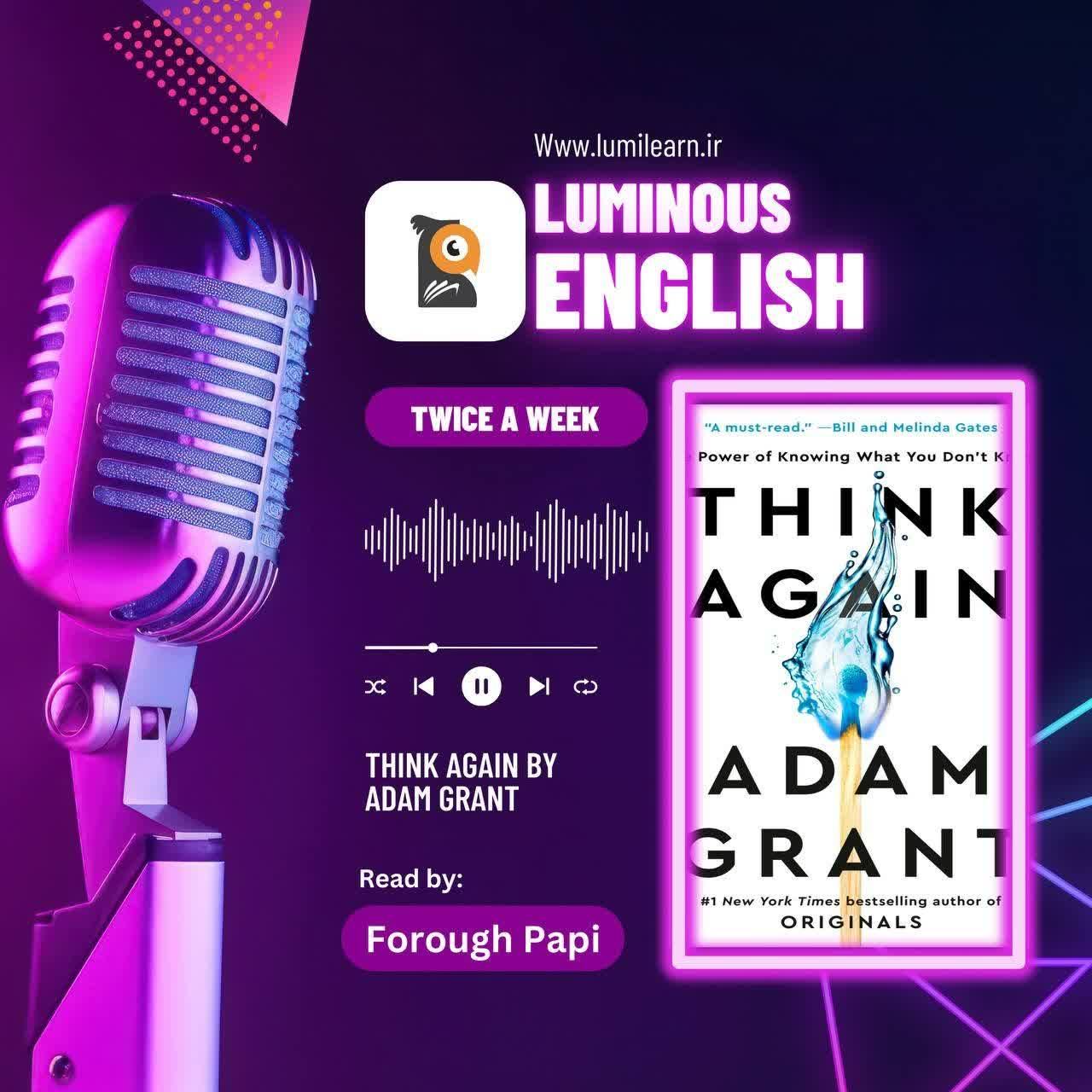
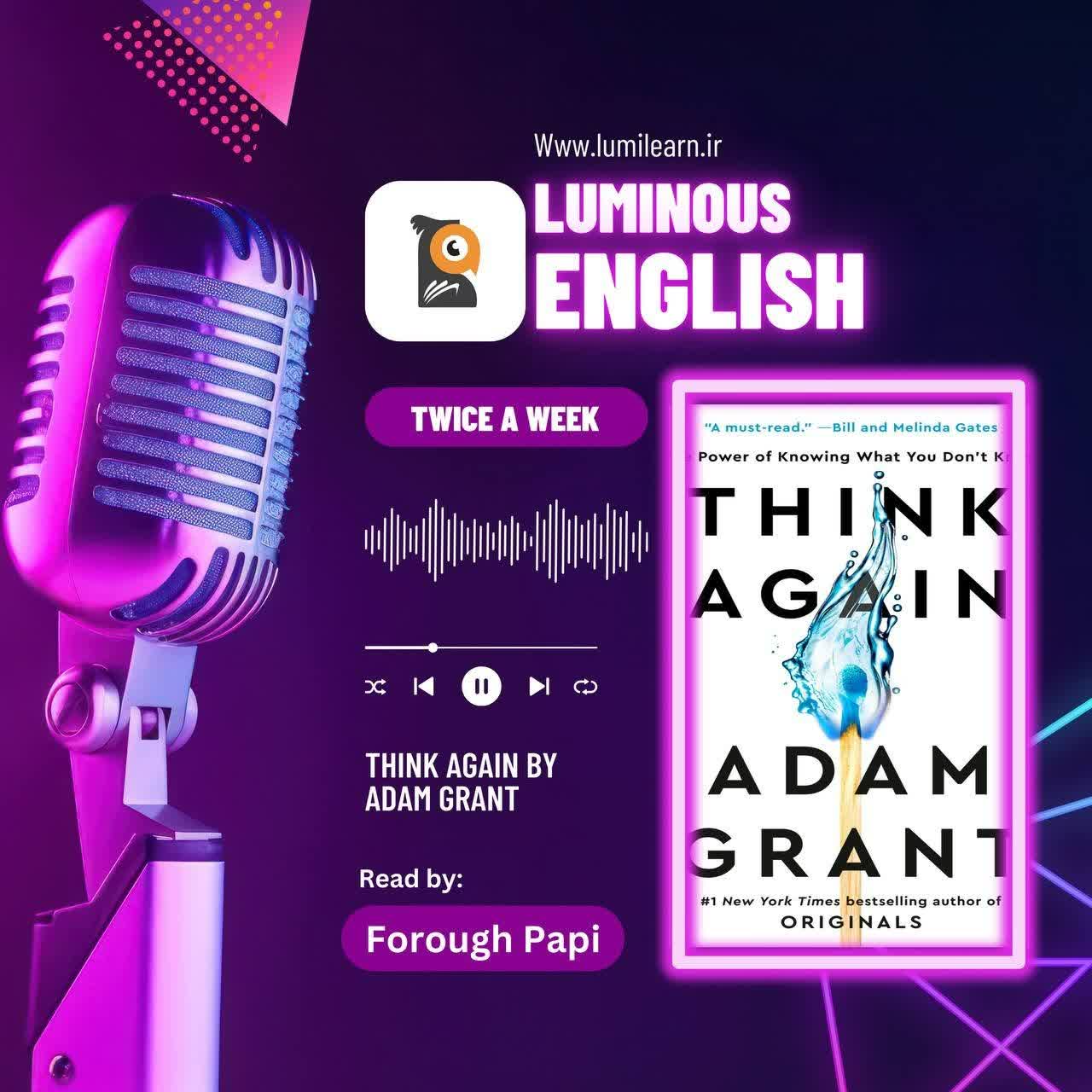
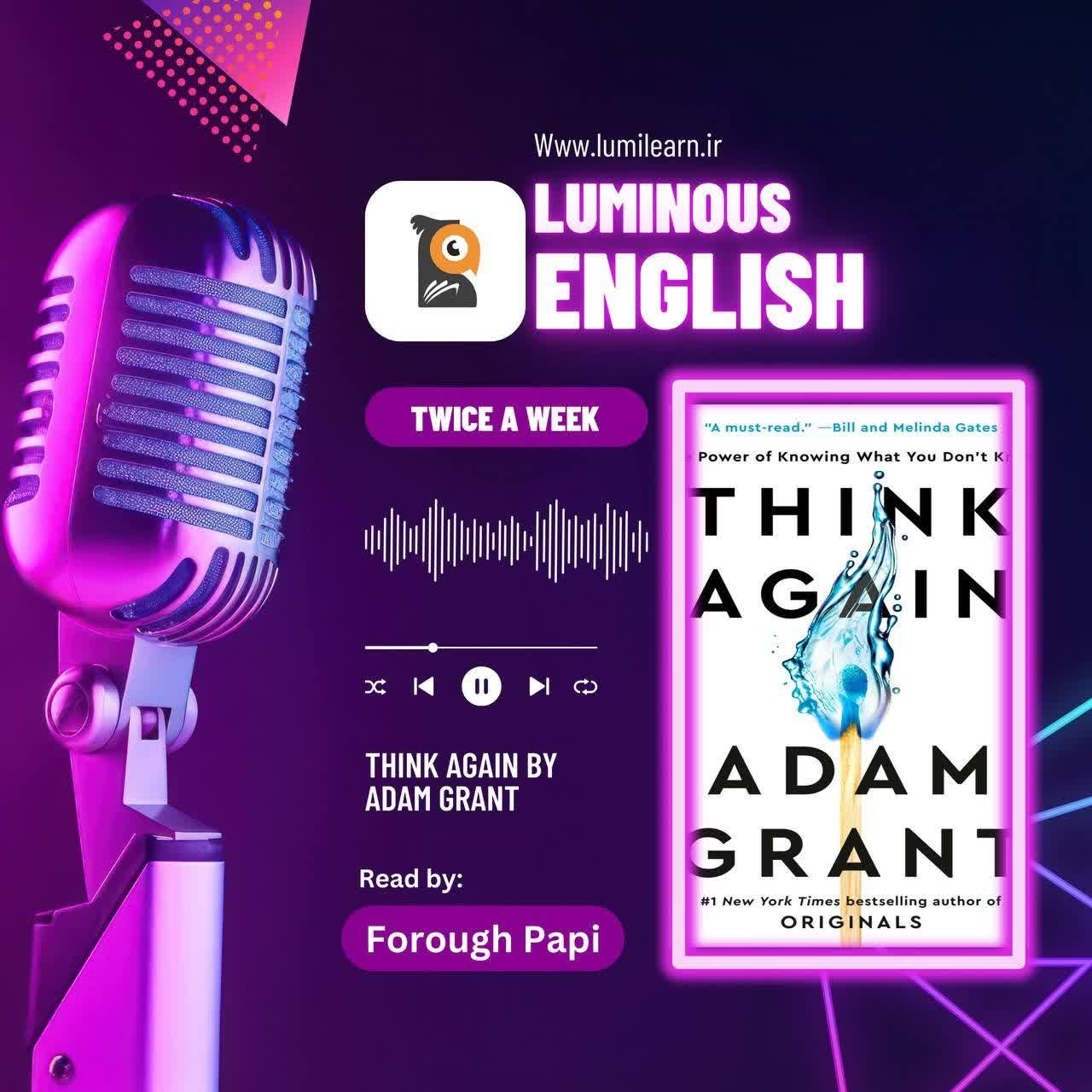
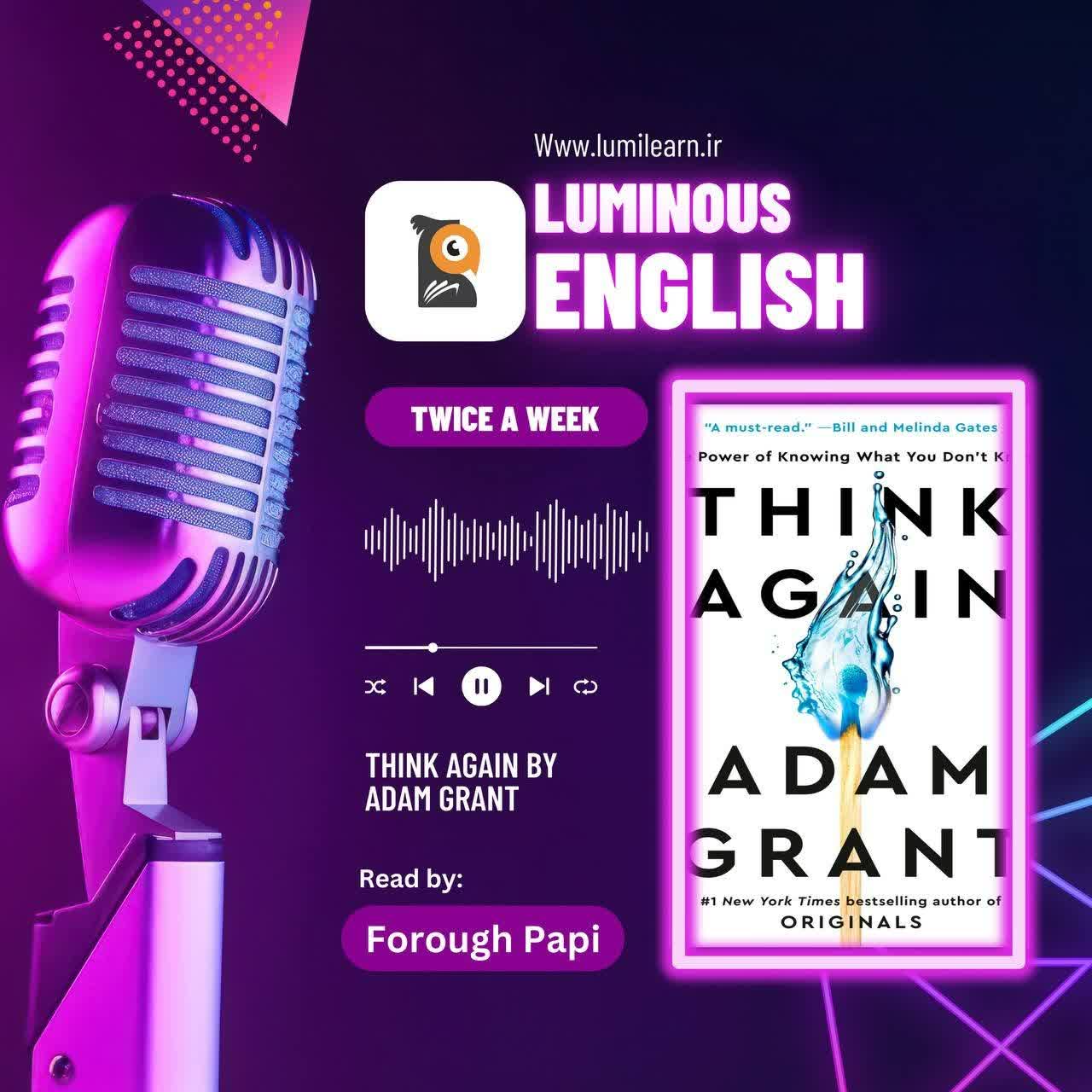
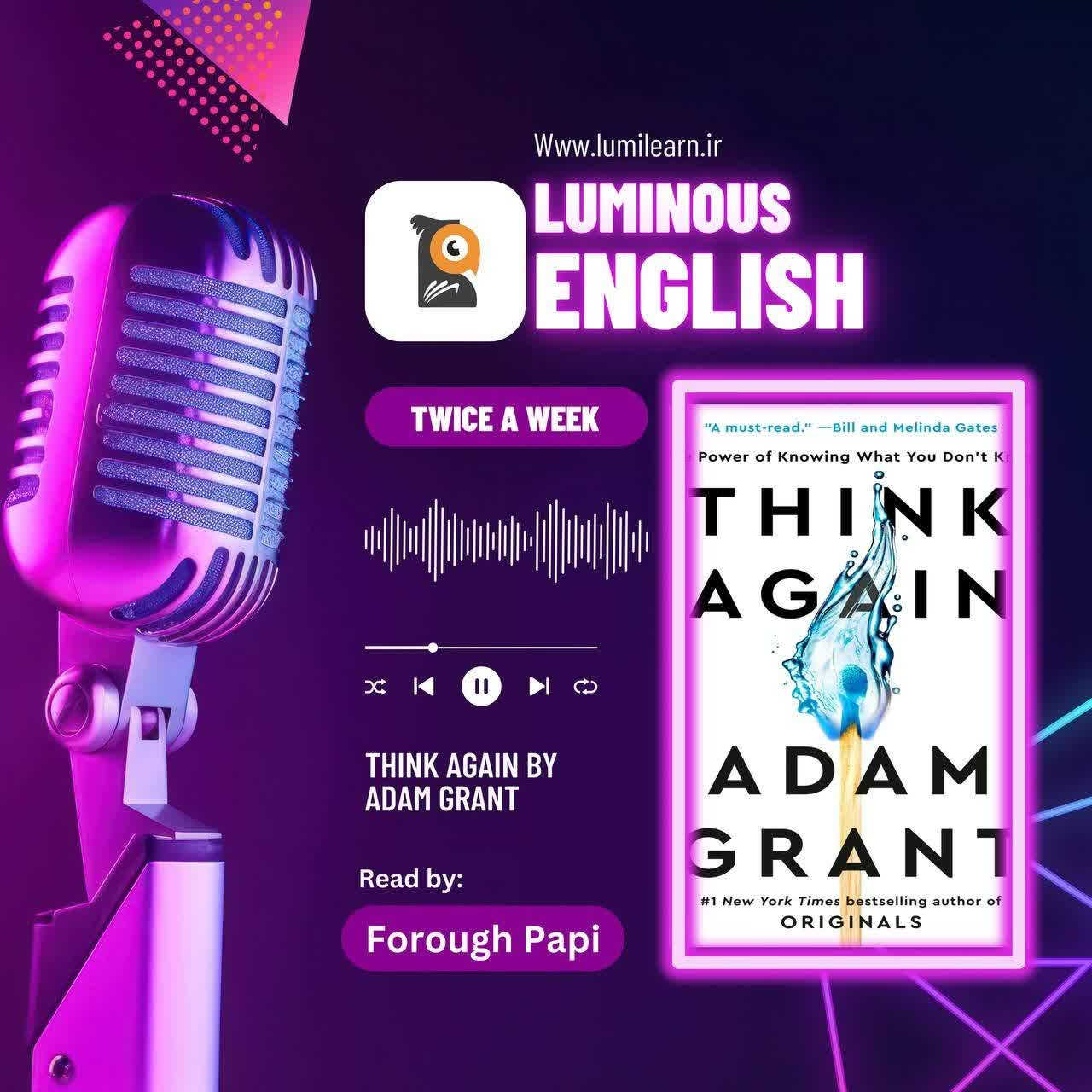




درود بر تو بانوی ایرانی. بیان شیوا و درست. تسلط کافی به مطلب ناشی از مطالعه مناسب و کافی و تکرار مطالب با ریتم مختلف ،از نکات برجسته آموزش شماست. در یک کلام آموزگار. گردهمایی این صفات و ویژگی ها با هم اتفاق کمیاب و خوشایندی. براتون آرزوی تندرستی و شادکامی در تمام مراحل زندگی دارم. و سپاسگزارم بخاطر آموخته هایم از شما..
درود بر شما انسان موثر
ممنون هستم از زحماتتون🌹
💚🙏